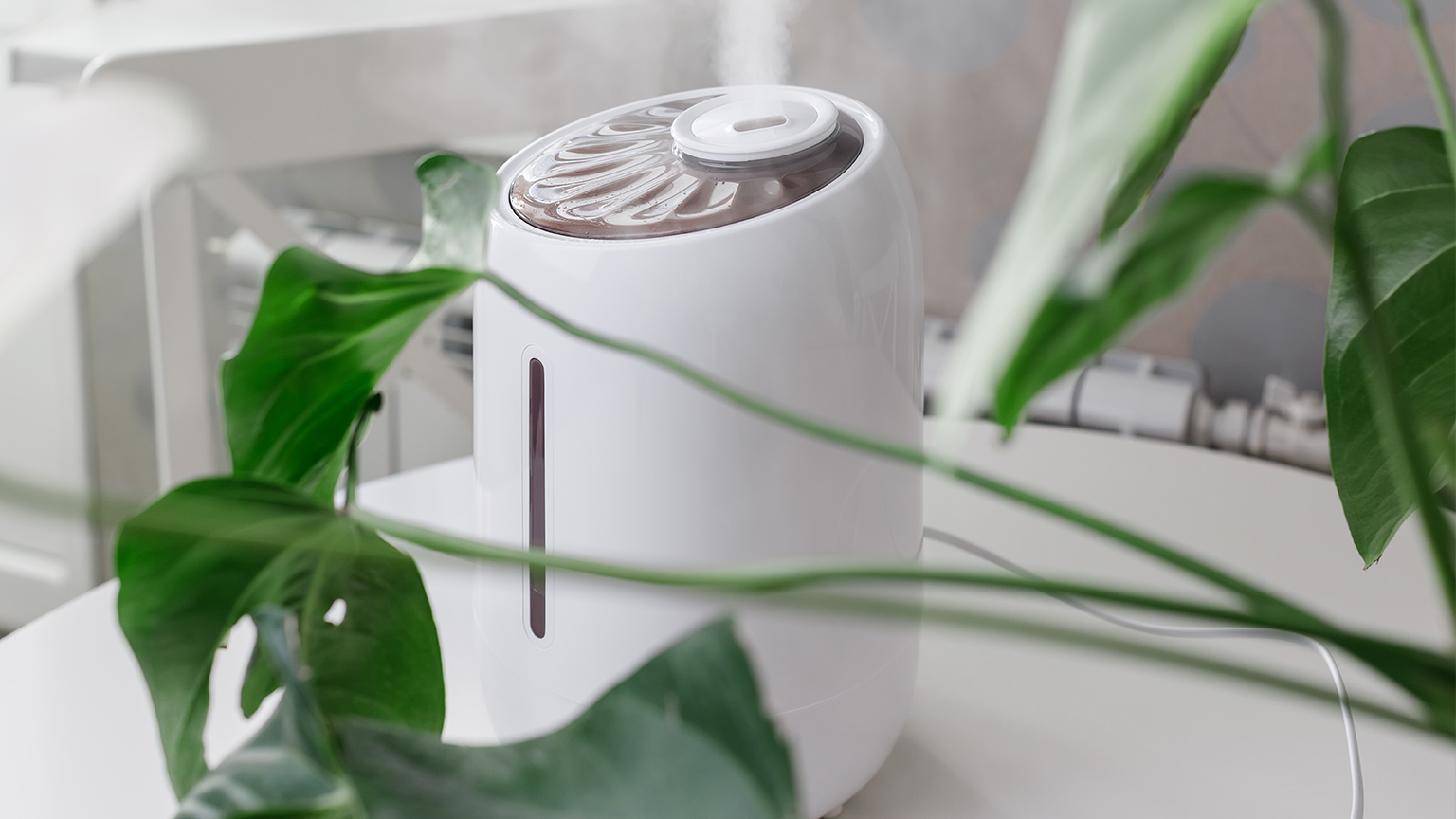
While we all know the importance of air, the lesser understood constituent humidity is vital and drives most of the observable phenomena – from clouds to rain, fog to smog and even extreme weather conditions like hurricanes and typhoons.
Humidity is very important for human health and wellbeing since it drives temperatures, air circulation and overall weather. Water as water vapour, is a part of the atmosphere or the air around us, as we know it, in the form of humidity.
Why is humidity level important for your health?
Humidity directly affects temperature, and we are all aware of how temperatures affect our health and general wellbeing. When the air outside is humid and heavy with water vapour, you sweat lesser, causing body temperatures to rise and exhaustion.
To cope with higher humidity levels, your body may have to exert itself more, with an increased respiratory rate, and heart functioning. It can also cause dehydration due to excessive sweating, a feeling of fatigue and heat exhaustion.
Similarly, low humidity levels mean the air feels dryer. This largely results in hot winds, and any existing moisture is quickly lapped up. This causes drying up of nasal passages giving rise to nose bleeds, exhaustion and uncomfortable sleep. Excess moisture also means the growth of bacteria, fungi and unwanted mould.
Humidifiers and dehumidifiers:
Just like their names suggest, humidifiers add humidity or moisture to the air, while dehumidifiers suck out moisture or humidity when the air is too heavy or wet. In general, humidifiers are used during winters as the air gets dryer, and dehumidifiers are used in summers and monsoons when the air is heavy and thick.
Humidifiers:
A humidifier counters low humidity levels by adding moisture to the air. It is a device installed in a particular room for humidifying an area or if central, for the entire house. A common use case of standalone humidifiers is in hospital rooms, installed for patient comfort. A larger, scaled-up humidifier can be seen in industries and factories, where humidifiers are connected to the fresh air ventilation system for commercial spaces in order to humidify the entire structure.
Advantages of a humidifier:
- Lower chances of infection – Since microbes travel faster through dry air, keeping the air moisturised means air-borne bacteria and viruses would not be able to spread as fast as they would otherwise. It also speeds up recovery times as it keeps the throat and sinuses moist.
- Improved skin – If you are a K-drama fan, you must have already spotted a humidifier on screen, and yes a humidifier does help humectants the skin, keeping moisture locked. So, say hello happy skin.
- Prevents dry throat, nasal passages and ears – Dry air can make you feel tight, scratchy and irritated. A humidifier keeps the body moisturised and eases those symptoms.
- Healthier plants and pets – Plants suffer because of dry air as it sucks out moisture from the soil. Pets, especially dogs are prone to hyperthermia since their sweat glands are present only in their footpads. A humidifier is beneficial to both pets and plants, keeping the healthy and happy.
- Comfort and sleep – Conditions like snoring, blocked sinuses and colds are aggravated when the air is dry. A humidifier keeps the air moist, which also means the air is warm, and comfortable and assures a good night’s sleep.
Dehumidifiers:
High humidity is common in our country, especially during monsoons. Clothes don’t dry, and even when they do they smell musty; the air is muggy, and there is condensation that you can actually see on the windows.
Advantages of a dehumidifier:
Improve respiratory functions: Heavy air can alleviate allergies, by offering an easy passage to bacteria, viruses, dust mites and allergens. By making the air dryer, a dehumidifier also gives a fresh air ventilation system for the home.
Protects household appliances and goods: Condensation is bad for furniture, furnishings and appliances. The dehumidifier pulls out water vapour and keeps the air optimally dry.
De-odourises during monsoon: When humid air touches surfaces it can result in condensation and subsequent growth of fungi or mould. Dehumidifiers suck out stale air and odours.
To conclude…
During summers, when the sun is harsh, especially in tropical countries like India, water vapour hangs heavy in the air, making it sticky and uncomfortable. Of course, there are geographies within India where there are dry hot winds throughout summer. A good indicator of humidity is to check the hygrometer humidity levels.
Mayo Clinic suggests that the optimal humidity level for indoors is between 30-50%.
Extreme levels of humidity – both on the higher or lower end of the scale can be problematic.
This however can be a challenging task. In order to maintain optimum levels of humidity, homeowners are increasingly turning to the use of humidifiers and dehumidifiers. Though humidifiers and dehumidifiers are two different machines with opposite functionalities, there are machines that offer both humidification and dehumidification, depending on the humidity level in the air.


